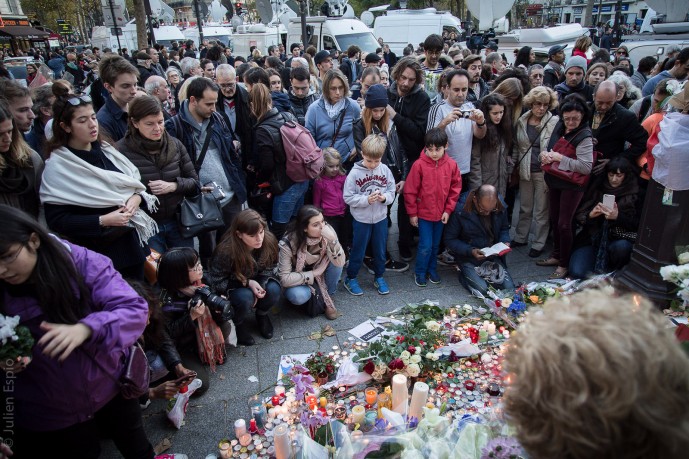As I write this, I'm waiting for our students to return from their weXplore, a five-day excursion that takes students beyond their host city for immersive cultural experiences. For the past two months, we as a school have called Maun, Botswana, our home. It's a small town on the edge of the Okavango Delta and, for many travelers, a doorway into Africa. But Maun is only one perspective, and it...
Read MoreBeing nomadic can make it difficult to identify a “local” community, one to support and give back to. As we continue to move from place to place, constantly changing phone numbers and revising our routines, it becomes easier to detach from those we come across in the places we call our temporary homes.
It can be easier to live like this, not taking the time to connect with the needs of those around us; however, we have to ask ourselves: is this really how we are meant to spend our time as travelers, or should we instead welcome these intrinsic human connections as we visit new lands?
In light of recent events around the world, it has become even more difficult to see the pure and kind intentions within others. The death, war, and rape that we are exposed to everyday, whether it be on the news or in person, has blinded us to the acts of love being performed by kind-hearted individuals throughout the world. Collectively as a society, or even more simply as a species, we have become too accustomed to only seeing what is wrong with the world.
Nevertheless, while this compassion might sometimes be difficult to uncover in our ordinary lives, it is still very much what makes us human. Our humanity stems directly from the desire to help those in need around us. It is what drives us to feed the hungry, to protect the weak, and to speak up for those who are unable to do so themselves. As humans, we take a certain amount of pride in being able to say that we have made a positive change in someone else’s life for the better. We live for the idea of instilling change within others, and we desire to see these acts of change carried on to others who can then benefit from them. These changes, while able to be brought on with even the smallest of of actions, have the ability to grow into immeasurable good for others.
This brings us back to our earlier point about the difficulties faced in helping others while constantly traveling: with the lifestyle we’ve upheld, we have deviated from our school’s original mission and become a community of takers. By this, I don’t mean that we have become a group of greedy or inconsiderate individuals, but that we have accidentally distanced ourselves from our host communities. This introspection has prompted my peers and myself to take action, with the hope of being able to move away from this stigma of being “takers” and to move towards becoming the “givers and changemakers” that we feel ever so compelled to be. Highlighting the idea that even the smallest of things can be major proponents of humanity, my classmates and I’s first step in becoming a community of “givers” has been to raise money in support of a charity through the creation of a school production. While this is a simple endeavor, it has allowed us to positively influence the community we are currently a part of.
As we plan out scenarios to impact meaningful change in the world, we need to realize that there is no such thing as an act too small: from making someone smile when they are having a bad day, to founding a charity to protect the rights of those who have none, to putting on a play with the aspiration of raising money for a greater cause, each small gesture of kindness can make a big difference. Over time these gestures add up, and if each recipient were to pay their act of kindness forward, the perpetually dismal news cycle we wrote of earlier might instead be one filled with hope.
We should all strive towards making our homes, no matter how temporary, a better place for everyone, because small actions amount to great things, and without our combined efforts, how can we ever wish to make a difference?

